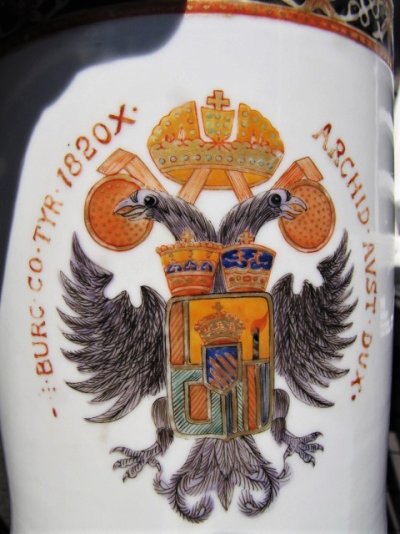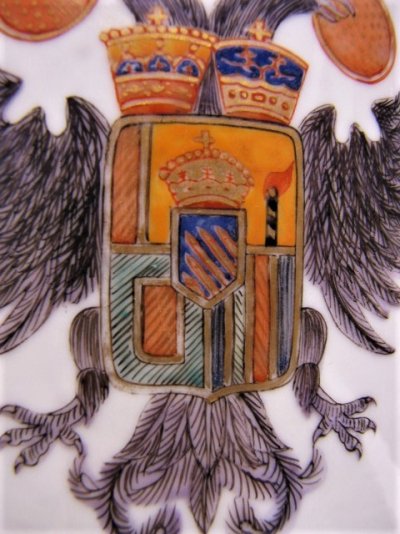maria-olivia
Majesty
- Joined
- Oct 3, 2006
- Messages
- 8,371
- City
- Brussels
- Country
- Belgium
Vincent Meylan wrote of its Instagram this :
On 1st of November 1918 ,asked from Emperor Karl, Count Berthold removed private jewels from the Vitrine 13 and packed them in 2 leather bags.
This in important to me to know if it was to pay someone in Hungarien to keep their Throne. It seems to be Empress Zita intention. But it failed
A few years later ther last Emperor died in a cold Summer House in Madeira without any money...
On 1st of November 1918 ,asked from Emperor Karl, Count Berthold removed private jewels from the Vitrine 13 and packed them in 2 leather bags.
This in important to me to know if it was to pay someone in Hungarien to keep their Throne. It seems to be Empress Zita intention. But it failed
A few years later ther last Emperor died in a cold Summer House in Madeira without any money...





